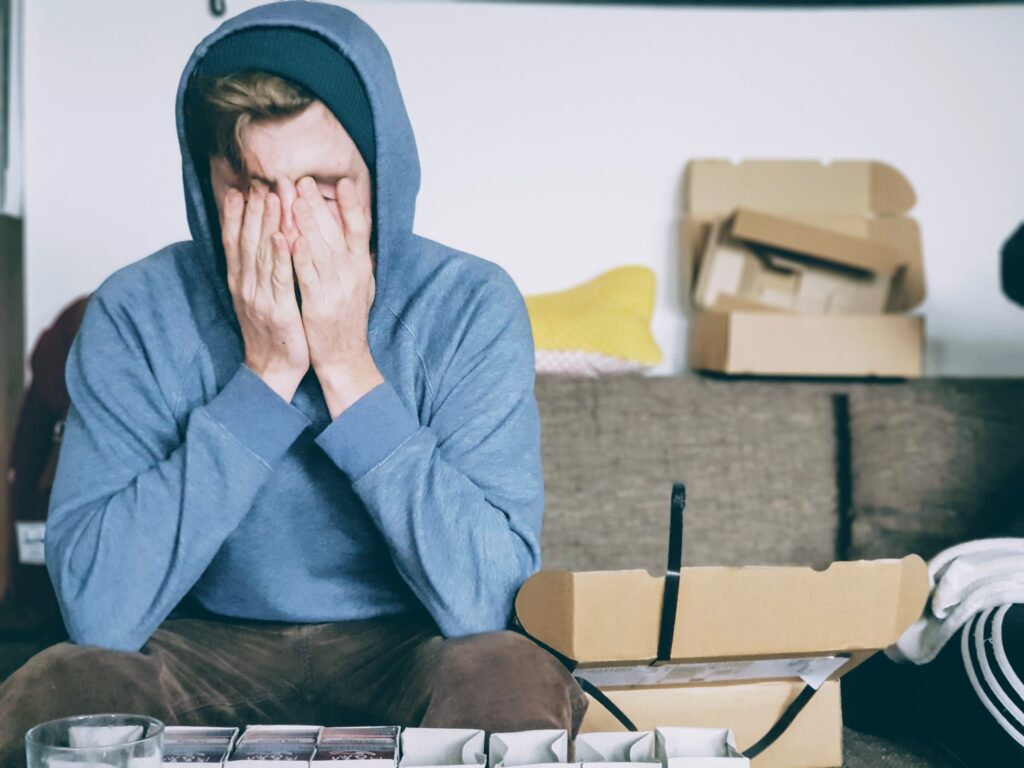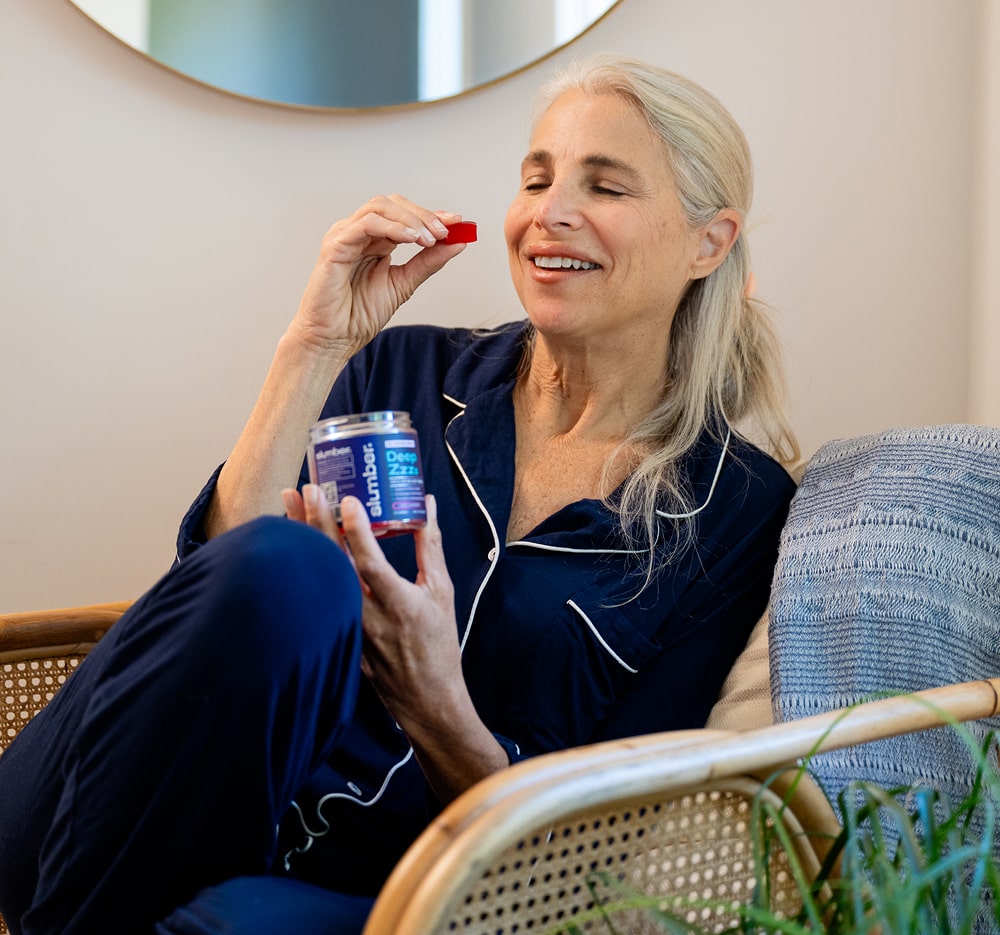No one enjoys the topic of debt (except perhaps those in finance). However, most of us go about everyday life at a considerable deficit—in ZZZs.
According to Matthew Walker, the director of the Center for Human Sleep Science at the University of California Berkeley, "Many people walk through their lives in an underslept state, not realizing." (Watch his TED series Sleeping with Science.)
Similarly, data collected from 2004 to 2017 through the National Health Interview Survey (NHIS) found that around 1/3 of American adults are affected by sleep deprivation.
Consider that for a moment. One out of three adults in the room you're in right now are not functioning at full capacity—due to lack of sleep. This means their bodies are under the pressing thumb of stress, even if it's mild or undetectable to them.
The question is… Are you one of them?
Calculating Your Sleep Debt
Here are ten subtle signs (some subtler than others) that your body and mind might be suffering from an accrued lack of sleep, whether in quantity or quality.
- Strange times from lights out to lids shut—It takes a well-rested body ten to twenty minutes to fall asleep. That is, after putting down all tech, turning out the lights, and making contact with a comfy pillow. Suppose you are knocking out immediately (maybe mid-sentence to your partner) or tossing and turning for thirty minutes or more. In that case, this is an indicator your body and its internal workings might be worn out or stressed from lack of sleep.
- Misplacing your keys or the names of co-workers — Do you notice yourself having trouble laying hold of everyday words in conversation (ones you know you know)? Did you leave your keys in the car ignition recently? You might be suffering from "foggy brain." In other words, your mind is so mildly tired it can't quite get through its second-nature functions with the ease it usually does.
- A higher level of spazziness — According to a 2021 study from MIT and the University of São Paulo, there is such a thing as "fatigue-induced clumsiness." This study found that sleep deprivation can even change our gait (the way we walk).
- A lower level of creativity— Research has found that lack of sleep links to poor cognitive function. It's no surprise then that the more demanding mental activity of creativity (involving imagination, problem-solving, and multitasking) is one of the first to take an involuntary break.
- Cottonmouth—A lack of sleep can cause us to feel extra thirsty throughout the day. Studies have found it might have to do with the hormone vasopressin. This hormone is produced in the later stages of sleep and helps prevent dehydration.
- Feeling munchy…and maybe fluffy — Not only are you thirsty (perhaps tempted to reach for a latte or Americano more than water), but you're also extra peckish. Snacks and sweets tend to tempt us when we're running low on good rest. And junk food grazing can lead to a slightly fluffier waistline.
- Feeling inflamed epidermis-wise — Less sleep equals more stress on your body. This can spike your cortisol levels, leading to inflammation, which can lead to an increased production of sebum, which can lead to clogged pores. In other words, if you're not getting good sleep, you might be experiencing a mean cycle of breakouts on your skin.
- Feeling inflamed emotionally — Irritability can cause your fuse to short out early and with irregularity. Another side to this might be a chronic case of misty eyes. Whichever one you land on, waves of heightened emotionality can signify restless or shortened nights. (Additionally, if you find yourself extra tempted to make impulsive purchases or engage in other erratic behaviors, this is another way "moodiness" takes us for a ride.)
- An aversion to Lionel Richie — Small bits of sleep deprivation over a long time kills the sex drive—particularly for women. It's hard to get things groovin' if you aren't getting enough snoozin'.
- Saturday absenteeism—There is no shame in sleeping in. Still, if you're near unconscious for half of the weekend, your body is trying to pay off a debt that it just can't in a single day or two.
If three or four…or more…of these things resonate, you are probably operating under accumulated stress from poor sleep. And it's perhaps time to recalibrate.

Getting Back to Your Baseline
A 2021 study from the Jagiellonian University in Poland found that it takes time to recover from sleep deprivation. Intentionality and patience are required.
The following entries from the Slumber Journal can help you:
1. Identify your current hurdles to enjoying healthy sleep, and
2. Discover alternative routines and simple ways to bring them home.
They're short and full of outside resources and research.
What would it be like to go through the day fully awake and refreshed? No one wants to go through life like a zombie—even a high-functioning one.
Resources























Leave a comment
This site is protected by hCaptcha and the hCaptcha Privacy Policy and Terms of Service apply.